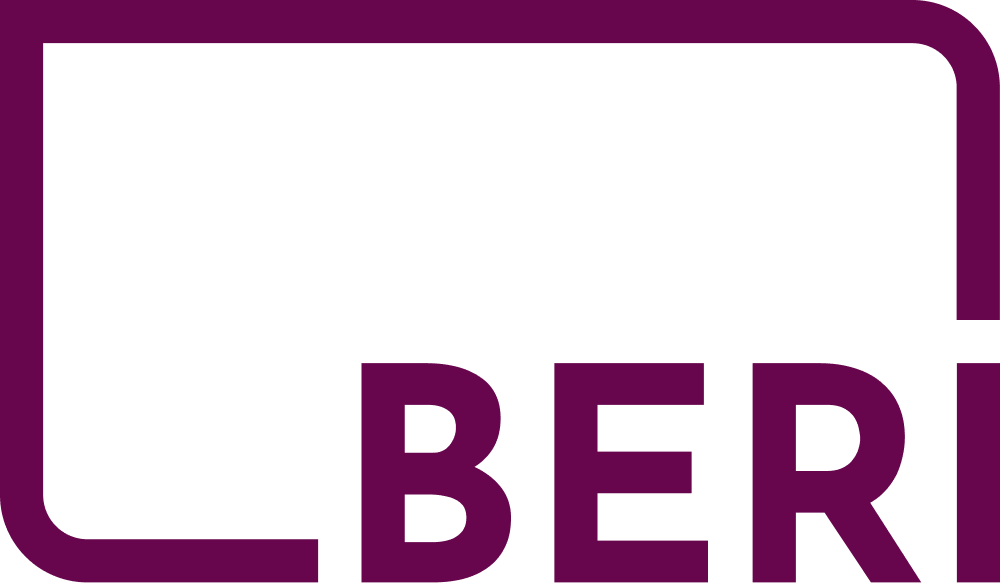New University Collaborators
This year marked the fourth year that BERI has publicly solicited applications for new university collaborations. We had an unexpected doubling in the number of applications we received compared to any previous year, accompanied by an increase in the overall quality of those applications. As usual, applications came from a wide variety of academic disciplines and geographical areas, with the majority being outside of the US.
We ultimately identified 14 collaborations that we think would benefit from BERI’s support and services and who align with our mission. For comparison, we have only accepted an average of 6 new collaborations for the previous years. A generous donation from Jaan Tallinn via the Survival and Flourishing Fund has allowed us to bring on all 14 of the groups we identified as being a good fit for new collaborations.
After careful consideration, we’ve decided to start collaborations with the following groups:
ARAAC - The Australian Responsible Autonomous Agents Collective at Federation University Australia
Ben Levinstein’s group at the University of Illinois
CAML Lab - The Cambridge Applied Machine Learning Lab at the University of Cambridge
DMIP - The Data Mining, Machine Intelligence and Inductive Programming Group (DMIP) at the Universitat Politècnica de València
Duke Center on Risk at Duke University
Lira Lab at the University of Southern California
Oliver Crook, Research Fellow at the University of Oxford
Oxford Control and Verification Group at the University of Oxford
Oxford Martin AI Governance Initiative at the University of Oxford
R. Daniel Bressler, PhD candidate at Columbia University
Roger Grosse’s Lab at the University of Toronto
Samwald Research Group at the University of Vienna
SpyLab - Secure and Private AI Lab at ETH Zurich
Torr Vision Group at the University of Oxford
These groups join 23 others as active BERI collaborators. This is the largest new cohort of BERI collaborators yet (by a large margin), and we’re excited to get to work!
We consider these 14 new groups to be “trial” collaborations. They will initially be supported with BERI’s general funds (including the SFF grant mentioned above), as opposed to the collaboration-specific grants that support our main collaborations. If a trial collaboration is successful (i.e. they find it useful and we find it cost-effective), we will likely attempt to raise additional funds in support of specific collaborations. For more information about BERI’s trial collaborations, see this blog post.
We greatly appreciate the time each applicant took to apply. It’s inspiring to see so many people passionate about the long-term survival and flourishing of humankind!
